Yes, Black Couples Face Fertility Issues Too
Share
Explore Our Galleries
Breaking News!
Today's news and culture by Black and other reporters in the Black and mainstream media.
Ways to Support ABHM?
By Anissa Durham, Word in Black
A new report dispels stereotypes about the fertility of Black people. Docs say chronic illness and misinformation add to fertility issues.
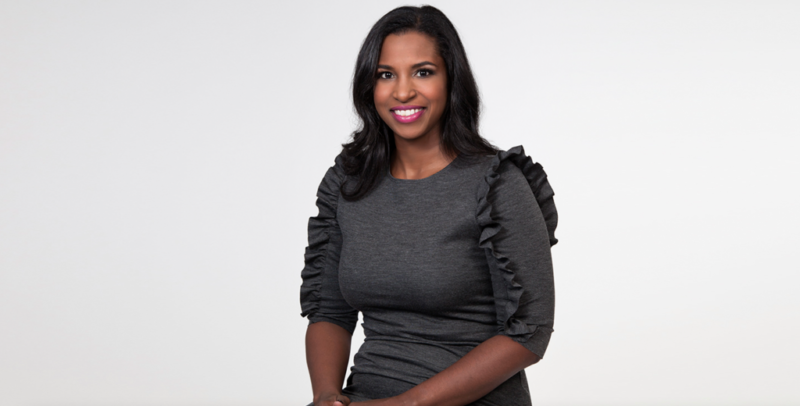
Long-held stereotypes, medical bias, and stigma have convinced society that Black people don’t deal with infertility. Unfortunately, this type of medical misinformation has also convinced healthcare providers and Black couples. But their assumptions are far from the truth.
A new report by CCRM, a leading fertility clinic network spearheaded by Dr. Stephanie Marshall Thompson, found that Black men and women are not immune to fertility issues. Dr. Thompson, a reproductive endocrinology and infertility specialist, surveyed 1,000 Black individuals about their experience for the Black Fertility Matters survey, conducted after the launch of the Black Fertility Matters Fund in May.
The report cites the long-held belief that Black women are fertile, the misconception that Black people have lots of babies and a historical lack of education as factors that have prevented folks from getting accurate information and access to care.
[…]
The report finds that nearly 55% of respondents think there are stigmas surrounding Black individuals and infertility. The most selected answer was that Black individuals are less likely to seek fertility treatment.
We’ve previously covered fertility disparities.
Stay up to date with more stories about the African diaspora.
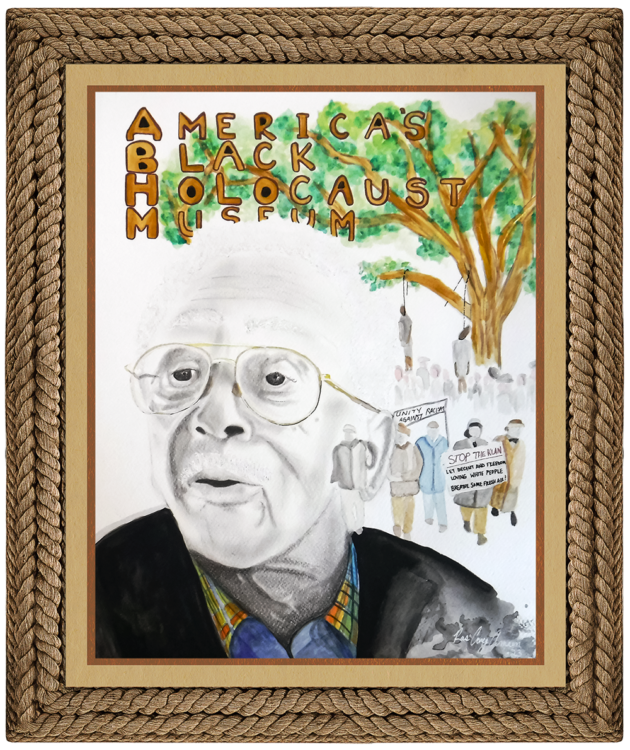
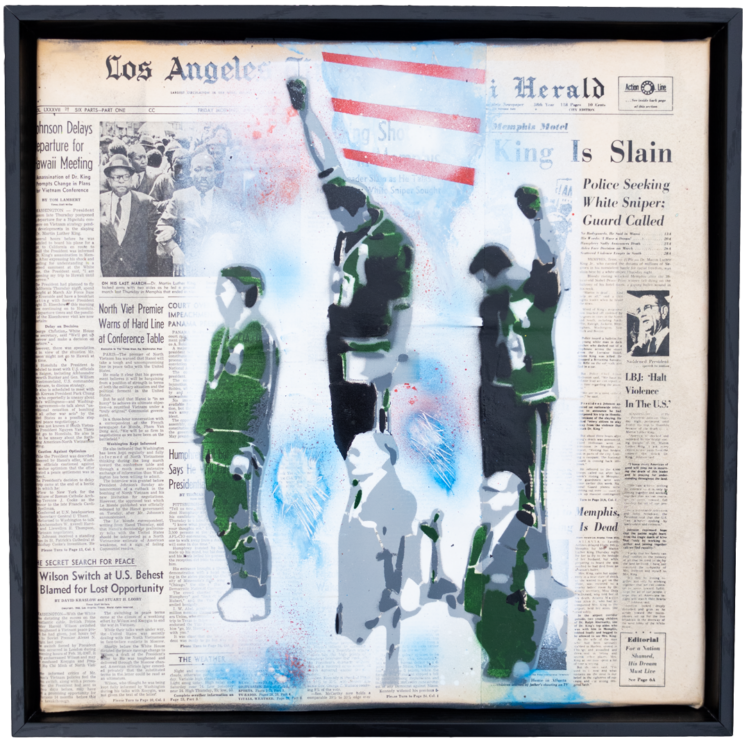
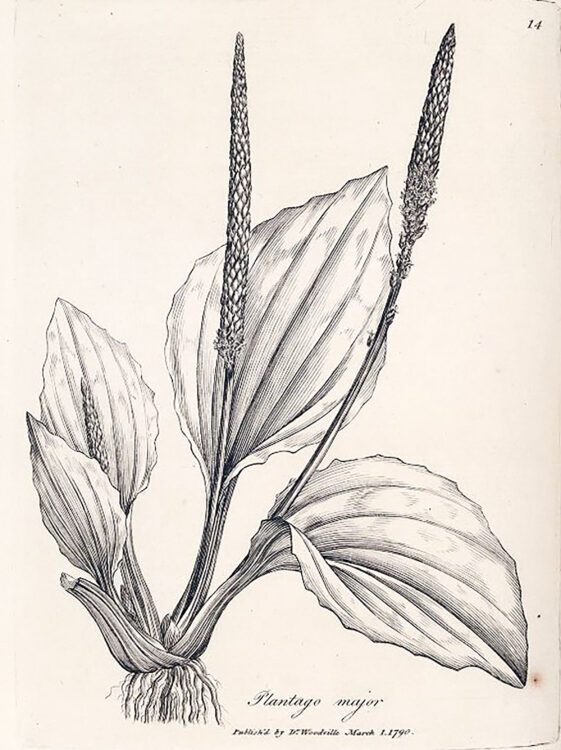
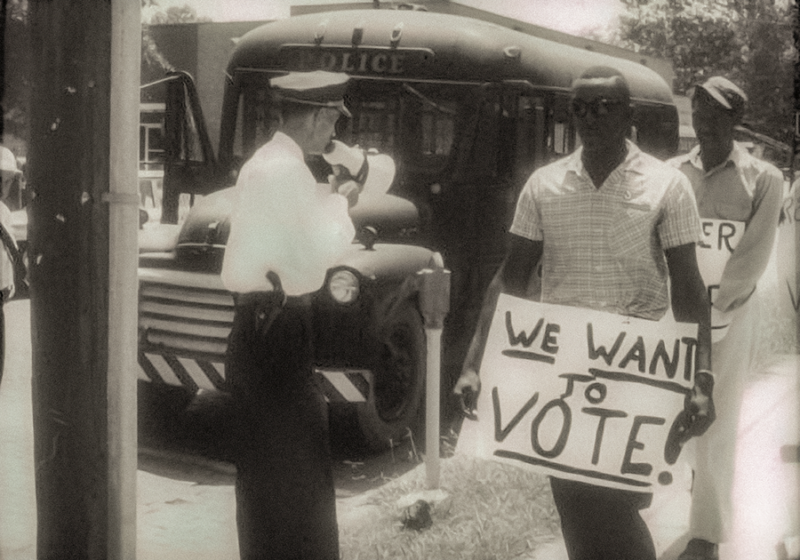

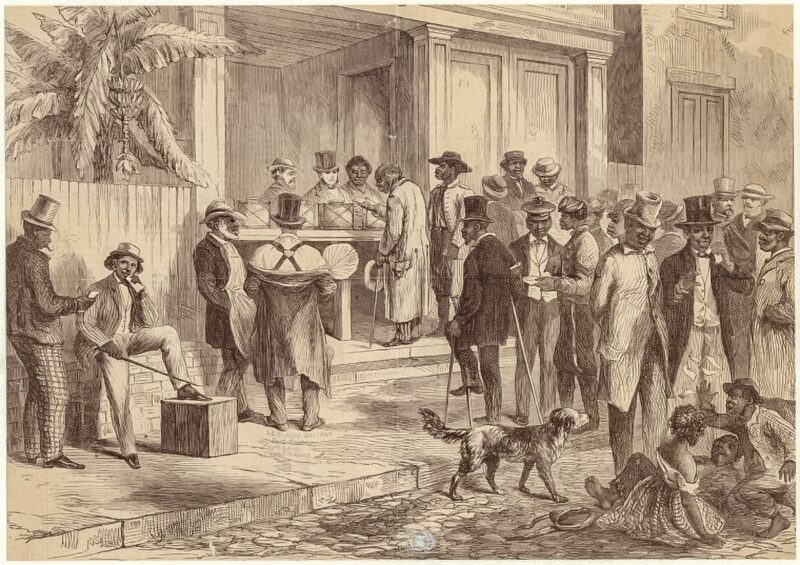
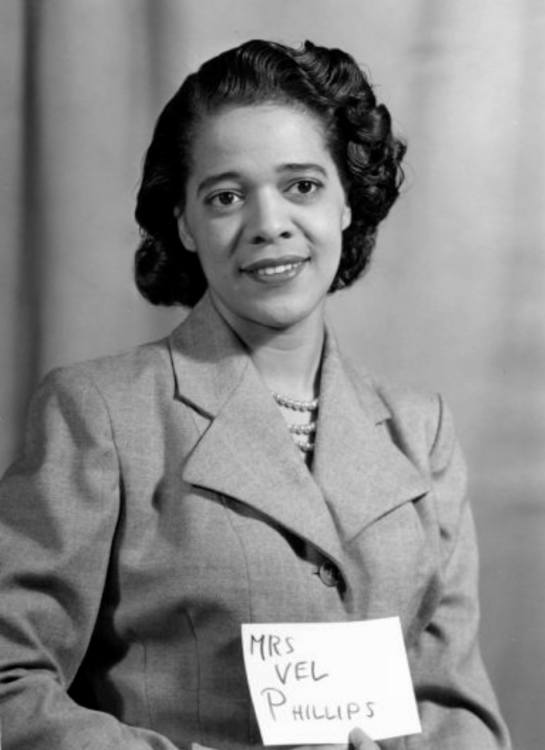
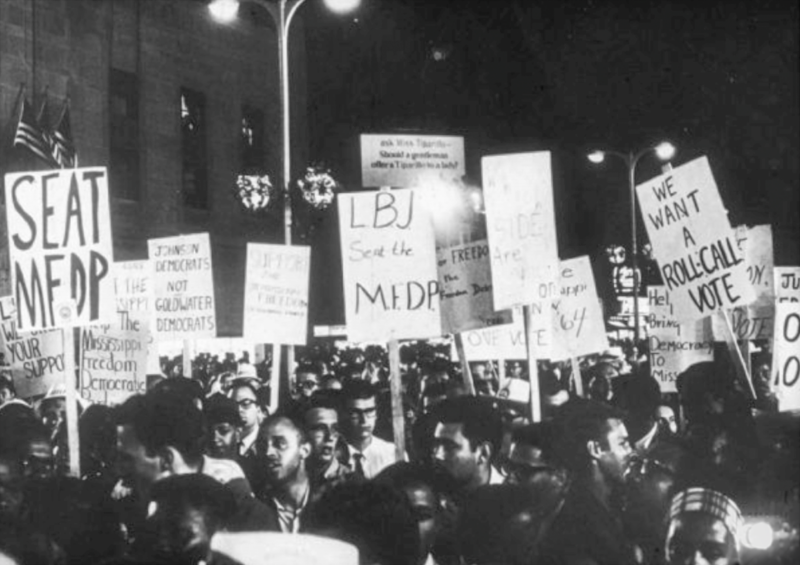
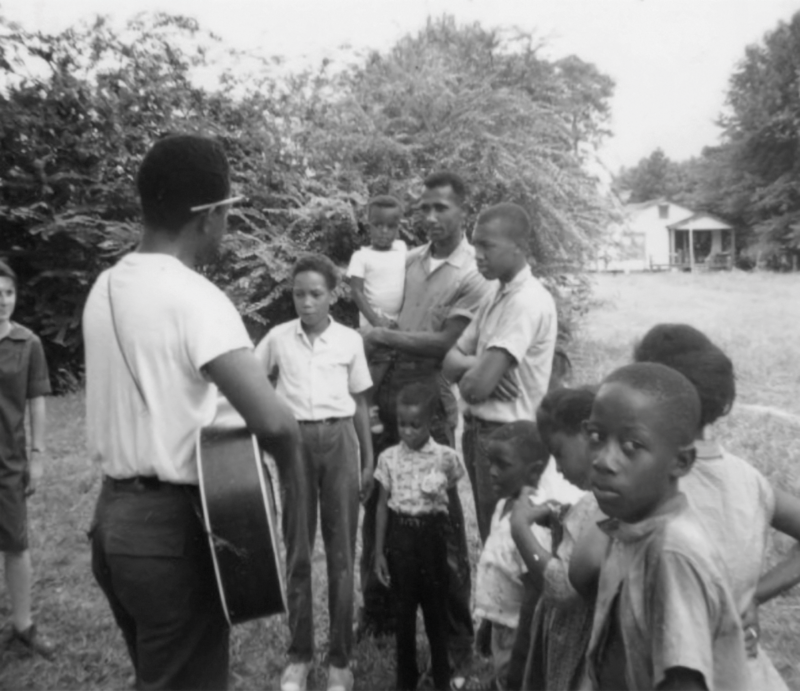
Comments Are Welcome
Note: We moderate submissions in order to create a space for meaningful dialogue, a space where museum visitors – adults and youth –– can exchange informed, thoughtful, and relevant comments that add value to our exhibits.
Racial slurs, personal attacks, obscenity, profanity, and SHOUTING do not meet the above standard. Such comments are posted in the exhibit Hateful Speech. Commercial promotions, impersonations, and incoherent comments likewise fail to meet our goals, so will not be posted. Submissions longer than 120 words will be shortened.
See our full Comments Policy here.